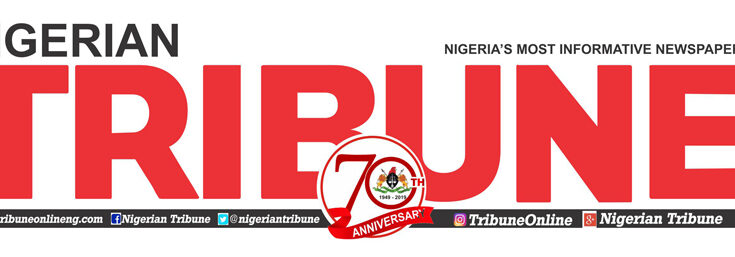
By Nchetachi Chukwuajah
Stanbic IBTC Bank’s February Purchasing Managers’ Index (PMI) has indicated that cash shortages across Nigeria impacted the private sector, leading to sharp decline in business activity.

In a survey released on Wednesday, the bank noted that companies were also affected by fuel shortages, which added to price pressures and led to supplier delivery delays.
It added that the headline PMI dropped below the 50.0 no-change mark in February to 44.7 from 53.5 in January.
The survey noted that “Business conditions deteriorated markedly, ending a 31-month sequence of expansion. The decline in operating conditions was the sharpest since the survey began in January 2014, excluding the opening wave of the COVID-19 pandemic in the second quarter of 2020.
“The most severe impacts of cash shortages were seen with regards to output and new orders, which both fell substantially as customers were often unable to secure the funds to commit to spending.
“The decline in new orders was the first since June 2020, while the fall in output ended a seven- month sequence of growth. In both cases, the reductions were the most pronounced in the survey’s history, apart from during the opening wave of the COVID-19 pandemic.
“With new orders and output falling, companies reduced their input buying and staffing levels accordingly. The declines were the first in 32 and 25 months respectively. The decrease in purchasing reflected not only a drop in customer demand but also difficulties for companies to find the funds to pay for items.”
The survey noted that the impact of fuel shortages on suppliers’ delivery time was the lengthiest in close to six-and-half years and to the greatest extent since April 2016.
“In turn, shortages led to a rise in fuel costs which were widely mentioned as having been behind a further marked increase in purchase prices. Higher raw material costs and currency weakness were also factors pushing up purchase prices. The rate of inflation was the softest since June 2020, but marked nonetheless and stronger than the series average. Staff costs also rose again in February, but at a modest pace.
“The passing on of higher input costs to customers resulted in a further sharp rise in output prices, albeit one that was the weakest in four months.
“Hopes that economic conditions will improve, alongside business expansion and investment plans, led to confidence in the year-ahead outlook for business activity. Sentiment was at a five-month high but still relatively muted,” it stated.







